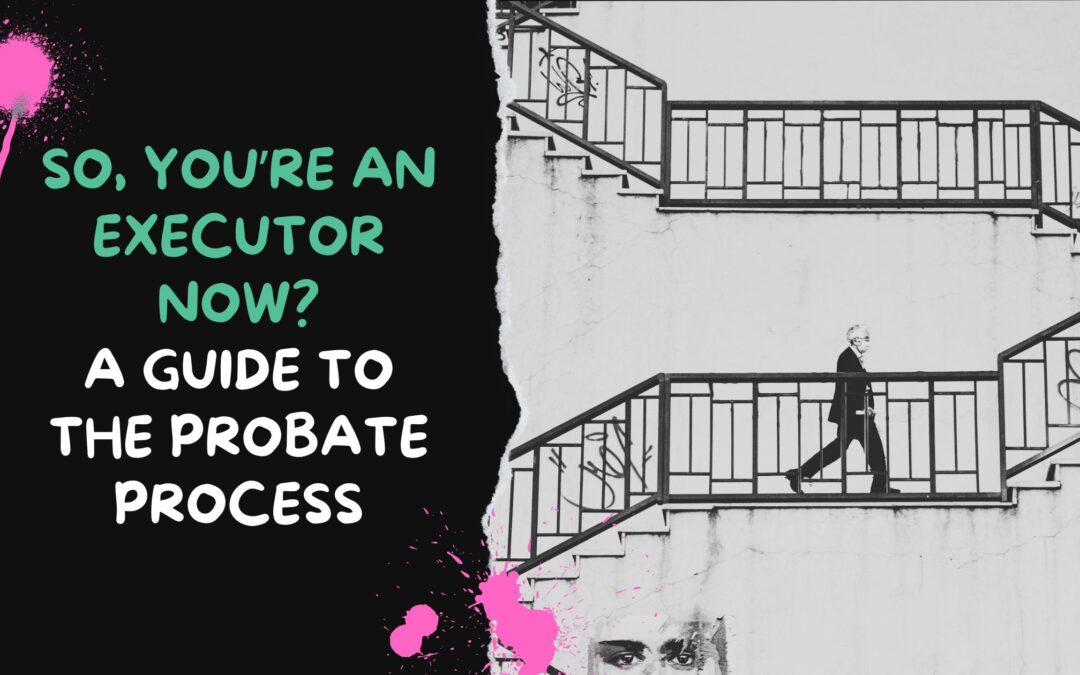September 23, 2015
Lawyers (and people generally) often speak of the ‘uncertainties of litigation’, especially when discussing costs. Typically, a client wants to know exactly how much a case will cost them to run or defend, and the lawyer is reluctant to even give an estimate, as opposed to a quote. The lawyer often cites these uncertainties, variables and so forth, and advises that nothing is guaranteed and anything can happen. Well, believe it or not, there are reasons for this…
If every case ran smoothly, the way it was supposed to, things would be fine. However, and leaving aside other issues such as non-compliance with Court orders for the time being, parties to litigation have a range of interlocutory tools available to them, which can send the matter spiralling in a different direction, along with the costs. As an interlocutory application is effectively run as a “mini case within a case”, with a formal application, evidence, submissions and a hearing in some case, they are prime examples of where costs can blow out and uncertainties can grow. Here, we look at security for costs, including how to defend an application for it, and how to use it effectively.
In most higher jurisdictions or Courts, security for costs will be available in appropriate circumstances. The purpose of an order for security is to secure the payment of the applicant party’s legal costs in the event that the other side is ordered to pay those costs at the conclusion of the proceedings, i.e. to avoid the risk of the other party evading a costs order.
Security for costs can be a great tool for a defendant, for example, where the plaintiff’s case is weak or frivolous or an abuse of process. In addition, it can work well where the case is arguable and the outcome is uncertain, but where there is a real perceived risk that a judgment or costs order will not be paid, for example because a party lives overseas or is a company with little to no assets or income. Further, where security is ordered, the plaintiff’s claim will be stayed or suspended until the security is provided. Sometimes, if security is not provided by a certain date, it can lead to the claim being dismissed once and for all. As such, there are obvious advantages beyond the security itself in an appropriate case.
In cases where security for costs is likely to be awarded, the parties can retain some control and certainty, and save on costs, by trying to resolve the security issue privately, much like any commercial dispute. A good letter setting out the basis for the order, the likelihood of success on an application and a reasonable proposal as to the amount and method of providing security may avoid the need for an application, provided the other side has sensible legal advice or knowledge. In some cases, there will be no prospect of defending an application, so consenting to such a private resolution will save everyone money and a huge headache. In cases where the applicant simply goes ahead with filing their motion or application, the respondent can still consent, by way of consent orders to be entered in Court, whether or not they negotiate amended terms first.
However, in some cases there will be no prospect of obtaining an order for security for costs, and so the issue should be avoided altogether. The circumstances in which security will not be awarded are often different to what one might expect. For example, in one case, we successfully defended an application where our client was an undischarged bankrupt who had brought almost identical proceedings against a different defendant, lost those proceedings, been ordered to pay costs and failed to pay those costs, which is exactly what led to the bankruptcy. In another case, we successfully defended an application for security where our client was a company with a paid-up capital of only $2.00, with various unsatisfied charges (for debts) recorded on the ASIC register and where the directors had a history of being involved with companies since liquidated. Further, we defended an application made against a company that actually was in liquidation at the time, and therefore presumed to be insolvent. Accordingly, careful consideration needs to be given to security for costs if it arises as an issue, from both sides of the fence.
As a general guide, the following is a non-exhaustive list of factors that will improve the chances of an award for security for costs:
1. Where the respondent (party from whom security is sought) is the plaintiff in the case.
2. Where the plaintiff ordinarily resides outside of Australia.
3. Where the plaintiff misstates their address in Court documents or changes it through the proceedings.
4. Where the plaintiff brings their claim on behalf of someone else, or for the benefit of someone else, rather than themselves.
5. Where the plaintiff has divested assets, or there is reason to believe that they will do so.
6. Where the plaintiff is a corporation and there is reason to believe it will not be willing or able to pay a costs order.
7. Where the prospects of success of the proceedings are weak, or the proceedings are not genuine (i.e. they are an abuse of process).
8. Where the plaintiff is otherwise impecunious (of limited financial means).
As a general guide, the following is a non-exhaustive list of factors that will diminish the chances of an award for security of costs, or otherwise bar an award altogether:
1. Where the plaintiff is an individual, natural person.
2. Where the respondent to an application for security is actually the defendant in the case.
3. Where the plaintiff is really, in effect, in the position of a defendant, and has brought the claim as a protective measure.
4. Where the company is in liquidation and leave has not been granted by the Supreme Court to bring or continue proceedings against it.
5. Where the order for security would effectively remove the plaintiff’s ability to proceed to have its case heard (and the case is genuine and has prospects of success).
6. Where the case involves a matter of public importance or significance.
Ultimately, if security for costs becomes an issue, or is something you want to explore, you need solid advice from an experienced, honest lawyer who can look at the matter objectively with a view to saving you costs and uncertainty or a lack of control. As with any interlocutory application, security for costs is not something to be taken lightly, as while it can be great for your case, for both security and strategic purposes, it can also result in a whole lot of wasted money and anguish.
As always, feel free to contact us to discuss any related issues.




